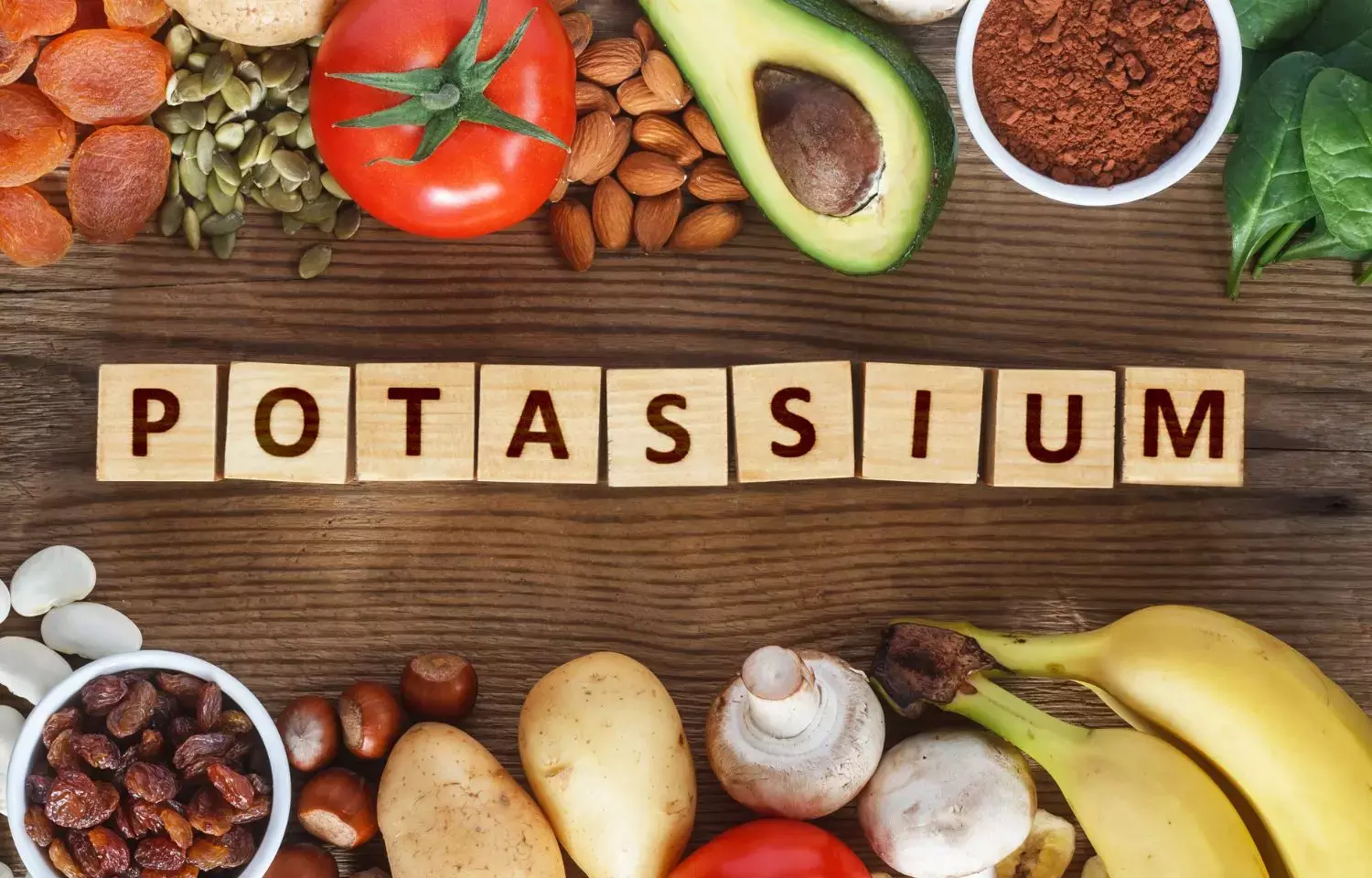- Home
- Medical news & Guidelines
- Anesthesiology
- Cardiology and CTVS
- Critical Care
- Dentistry
- Dermatology
- Diabetes and Endocrinology
- ENT
- Gastroenterology
- Medicine
- Nephrology
- Neurology
- Obstretics-Gynaecology
- Oncology
- Ophthalmology
- Orthopaedics
- Pediatrics-Neonatology
- Psychiatry
- Pulmonology
- Radiology
- Surgery
- Urology
- Laboratory Medicine
- Diet
- Nursing
- Paramedical
- Physiotherapy
- Health news
- Fact Check
- Bone Health Fact Check
- Brain Health Fact Check
- Cancer Related Fact Check
- Child Care Fact Check
- Dental and oral health fact check
- Diabetes and metabolic health fact check
- Diet and Nutrition Fact Check
- Eye and ENT Care Fact Check
- Fitness fact check
- Gut health fact check
- Heart health fact check
- Kidney health fact check
- Medical education fact check
- Men's health fact check
- Respiratory fact check
- Skin and hair care fact check
- Vaccine and Immunization fact check
- Women's health fact check
- AYUSH
- State News
- Andaman and Nicobar Islands
- Andhra Pradesh
- Arunachal Pradesh
- Assam
- Bihar
- Chandigarh
- Chattisgarh
- Dadra and Nagar Haveli
- Daman and Diu
- Delhi
- Goa
- Gujarat
- Haryana
- Himachal Pradesh
- Jammu & Kashmir
- Jharkhand
- Karnataka
- Kerala
- Ladakh
- Lakshadweep
- Madhya Pradesh
- Maharashtra
- Manipur
- Meghalaya
- Mizoram
- Nagaland
- Odisha
- Puducherry
- Punjab
- Rajasthan
- Sikkim
- Tamil Nadu
- Telangana
- Tripura
- Uttar Pradesh
- Uttrakhand
- West Bengal
- Medical Education
- Industry
Consumption of potassium rich foods may improve heart health of women, finds ESC study

Consumption of potassium rich foods may improve heart health of women, finds a new study. Among women who eat bananas, avocados and salmon negative effect of salt in the diet is reduced. The study has revealed that potassium-rich diets were associated with lower blood pressure, particularly in women with high salt intake.
The study has been published in European Heart Journal.
"It is well known that high salt consumption is associated with elevated blood pressure and a raised risk of heart attacks and strokes," said study author Professor Liffert Vogt of Amsterdam University Medical Centers, the Netherlands. "Health advice has focused on limiting salt intake but this is difficult to achieve when our diets include processed foods. Potassium helps the body excrete more sodium in the urine. In our study, dietary potassium was linked with the greatest health gains in women."
The study included 24,963 participants (11,267 men and 13,696 women) of the EPIC-Norfolk study, which recruited 40 to 79 year olds from general practices in Norfolk, UK, between 1993 and 1997. The average age was 59 years for men and 58 years for women. Participants completed a questionnaire on lifestyle habits, blood pressure was measured, and a urine sample was collected. Urinary sodium and potassium were used to estimate dietary intake. Participants were divided into tertiles according to sodium intake (low/medium/high) and potassium intake (low/medium/high).
The researchers analysed the association between potassium intake and blood pressure after adjusting for age, sex and sodium intake. Potassium consumption (in grams per day) was associated with blood pressure in women-as intake went up, blood pressure went down. When the association was analysed according to sodium intake (low/medium/high), the relationship between potassium and blood pressure was only observed in women with high sodium intake, where every 1 gram increase in daily potassium was associated with a 2.4 mmHg lower systolic blood pressure. In men, there was no association between potassium and blood pressure.
During a median follow-up of 19.5 years, 13,596 (55%) participants were hospitalised or died due to cardiovascular disease. The researchers analysed the association between potassium intake and cardiovascular events after adjusting for age, sex, body mass index, sodium intake, use of lipid lowering drugs, smoking, alcohol intake, diabetes and prior heart attack or stroke.
In the overall cohort, people in the highest tertile of potassium intake had a 13% lower risk of cardiovascular events compared to those in the lowest tertile. When men and women were analysed separately, the corresponding risk reductions were 7% and 11%, respectively. The amount of salt in the diet did not influence the relationship between potassium and cardiovascular events in men or women.
Professor Vogt said: "The results suggest that potassium helps preserve heart health, but that women benefit more than men. The relationship between potassium and cardiovascular events was the same regardless of salt intake, suggesting that potassium has other ways of protecting the heart on top of increasing sodium excretion."
The World Health Organization recommends that adults consume at least 3.5 grams of potassium and less than 2 grams of sodium (5 grams of salt) per day.2 High potassium foods include vegetables, fruit, nuts, beans, dairy products and fish. For example, a 115 gram banana has 375 mg of potassium, 154 grams of cooked salmon has 780 mg, a 136 gram potato has 500 mg, and 1 cup of milk has 375 mg.
Professor Vogt concluded: "Our findings indicate that a heart healthy diet goes beyond limiting salt to boosting potassium content. Food companies can help by swapping standard sodium-based salt for a potassium salt alternative in processed foods. On top of that, we should all prioritise fresh, unprocessed foods since they are both rich in potassium and low in salt."
Reference:
Wouda RD, Boekholdt SM, Khaw KT, et al. Sex-specific associations between potassium intake, blood pressure, and cardiovascular outcomes: the EPIC-Norfolk study. Eur Heart J. 2022. doi:10.1093/eurheartj/ehac313.
Dr Kamal Kant Kohli-MBBS, DTCD- a chest specialist with more than 30 years of practice and a flair for writing clinical articles, Dr Kamal Kant Kohli joined Medical Dialogues as a Chief Editor of Medical News. Besides writing articles, as an editor, he proofreads and verifies all the medical content published on Medical Dialogues including those coming from journals, studies,medical conferences,guidelines etc. Email: drkohli@medicaldialogues.in. Contact no. 011-43720751


